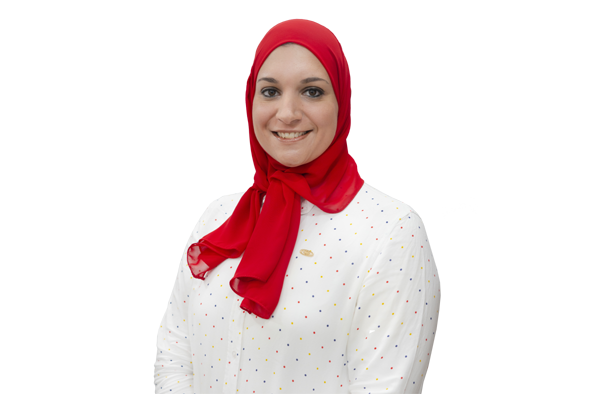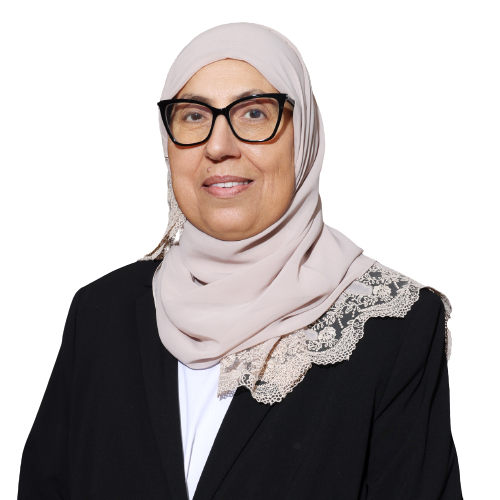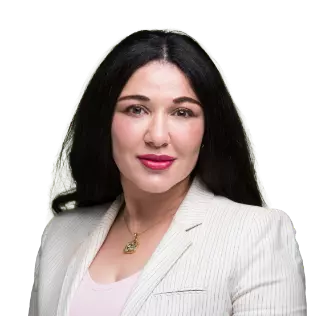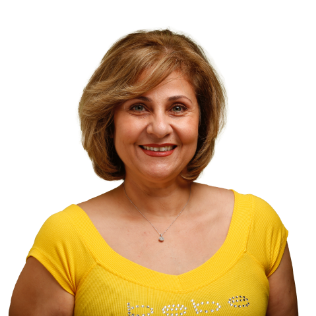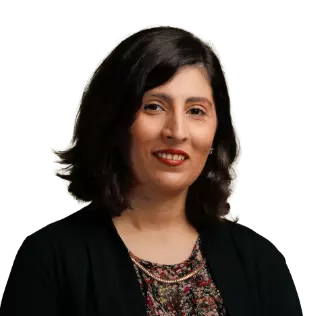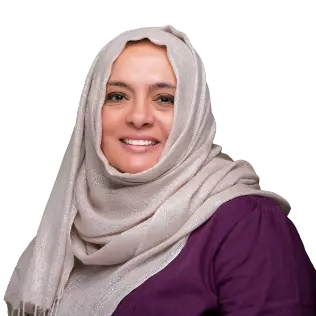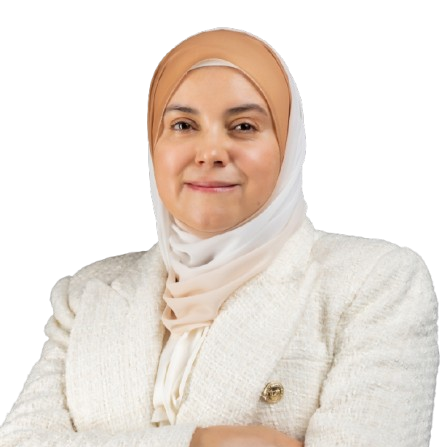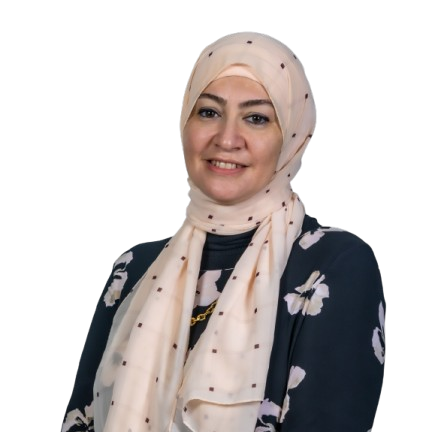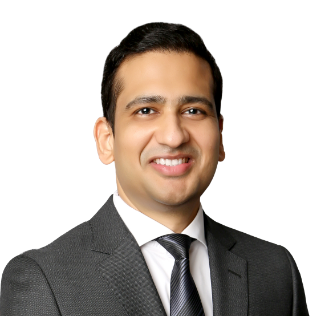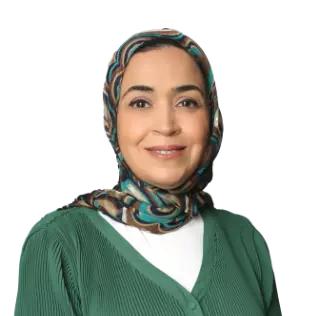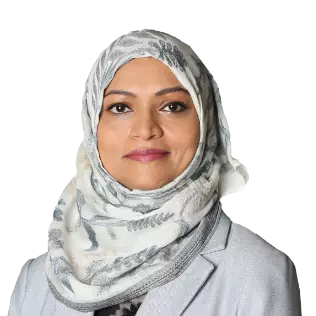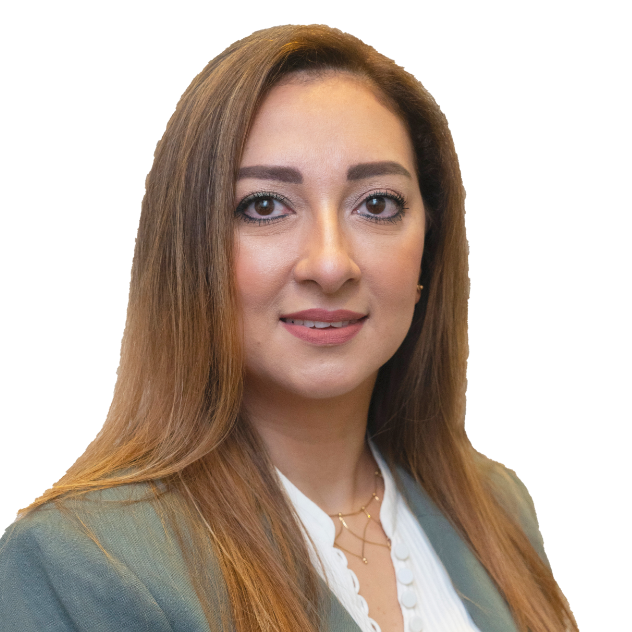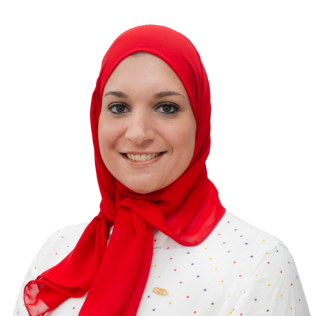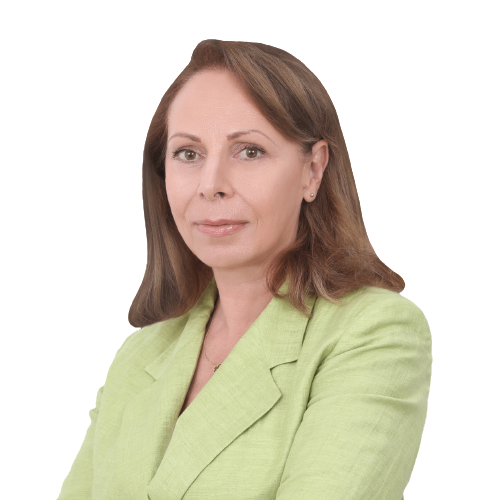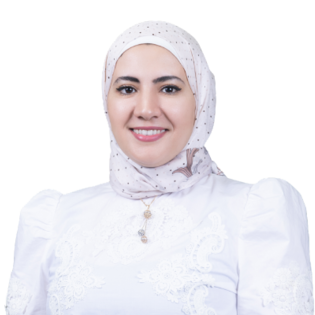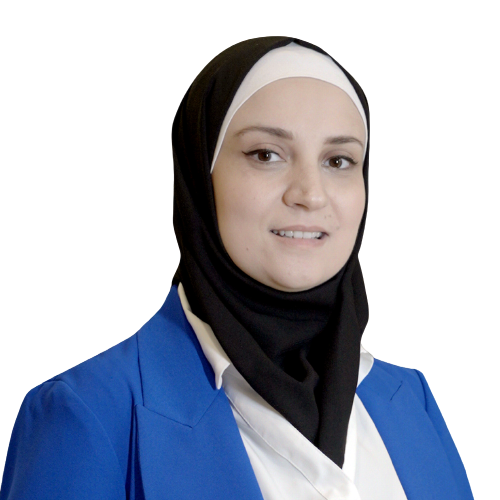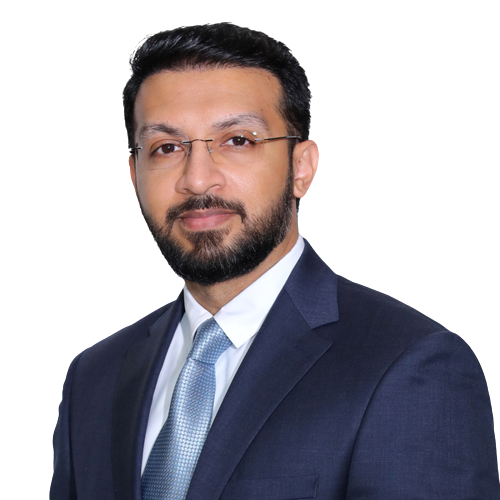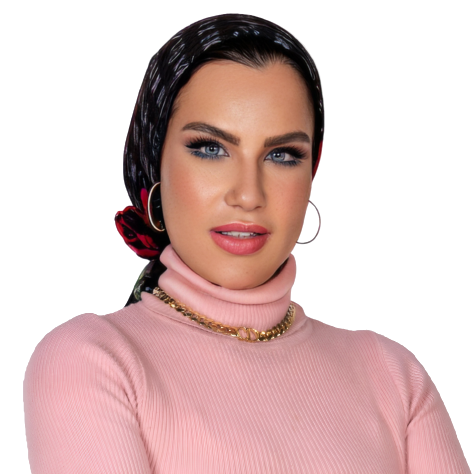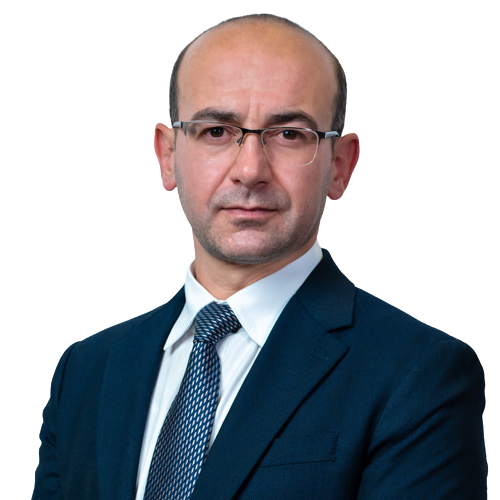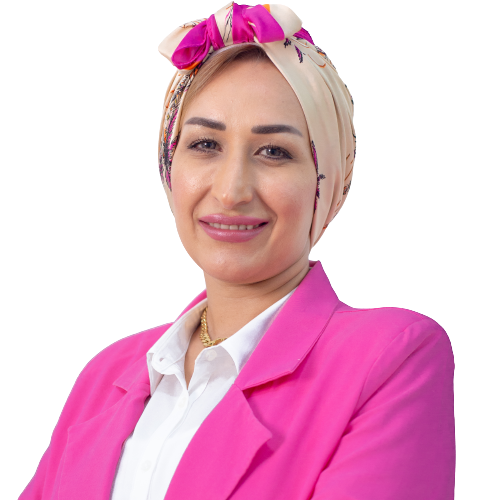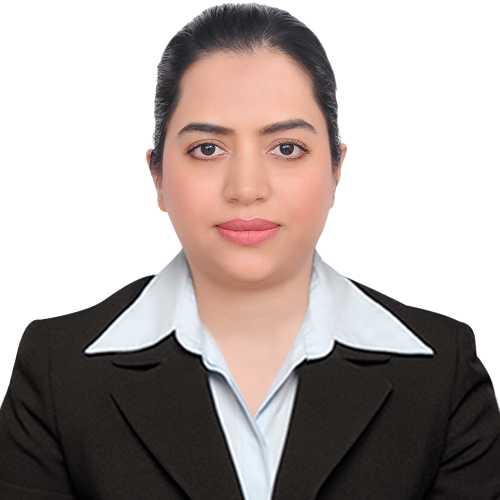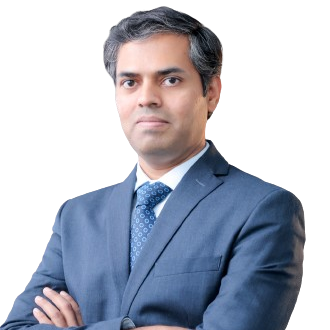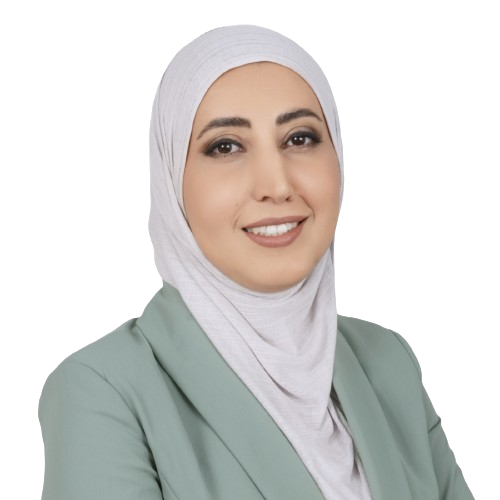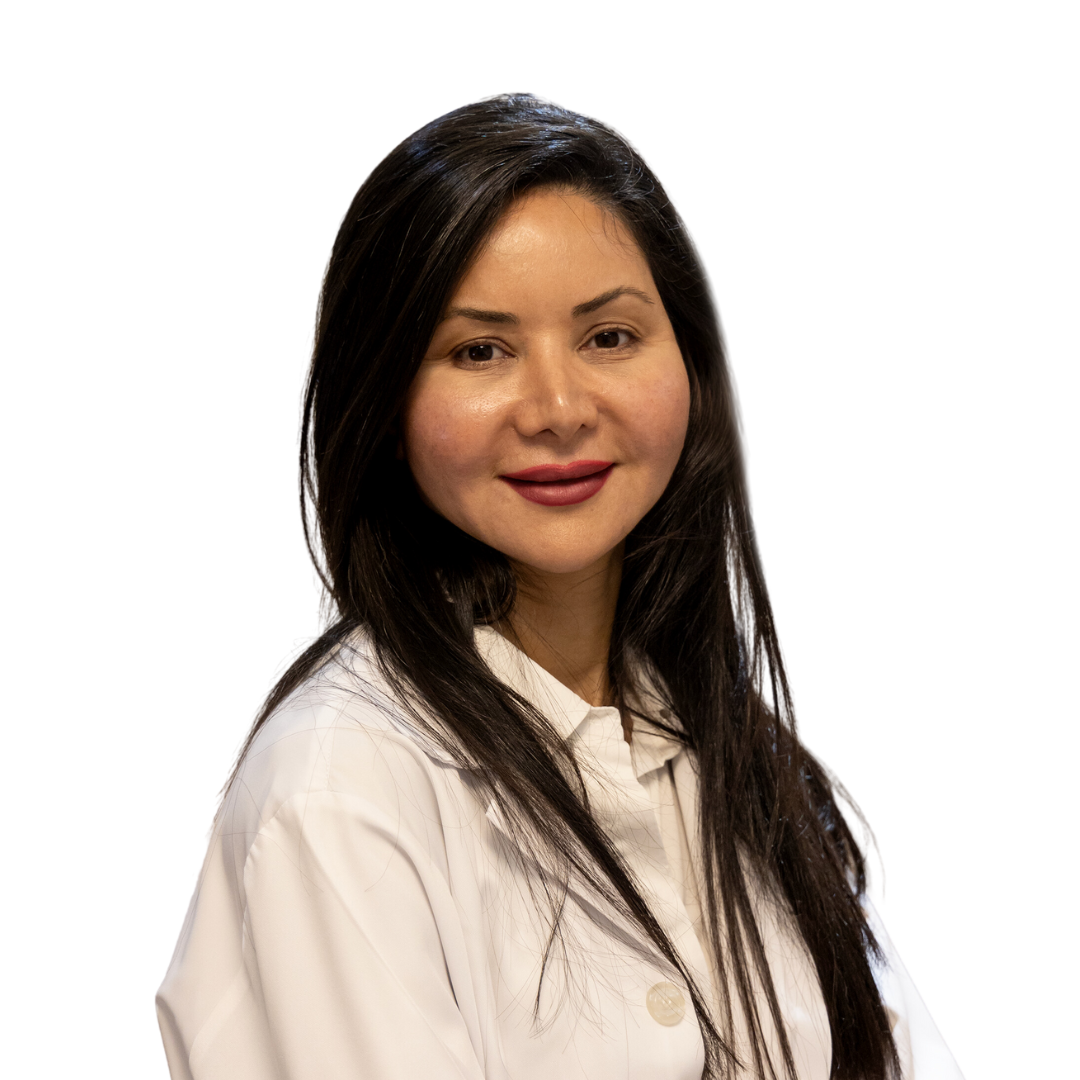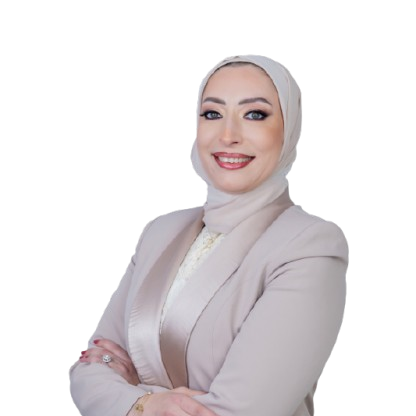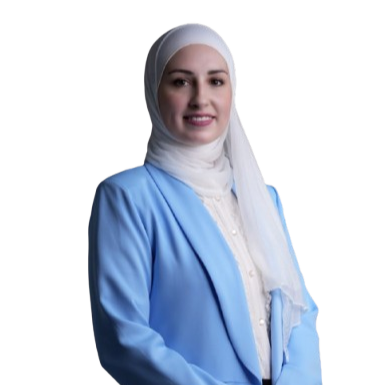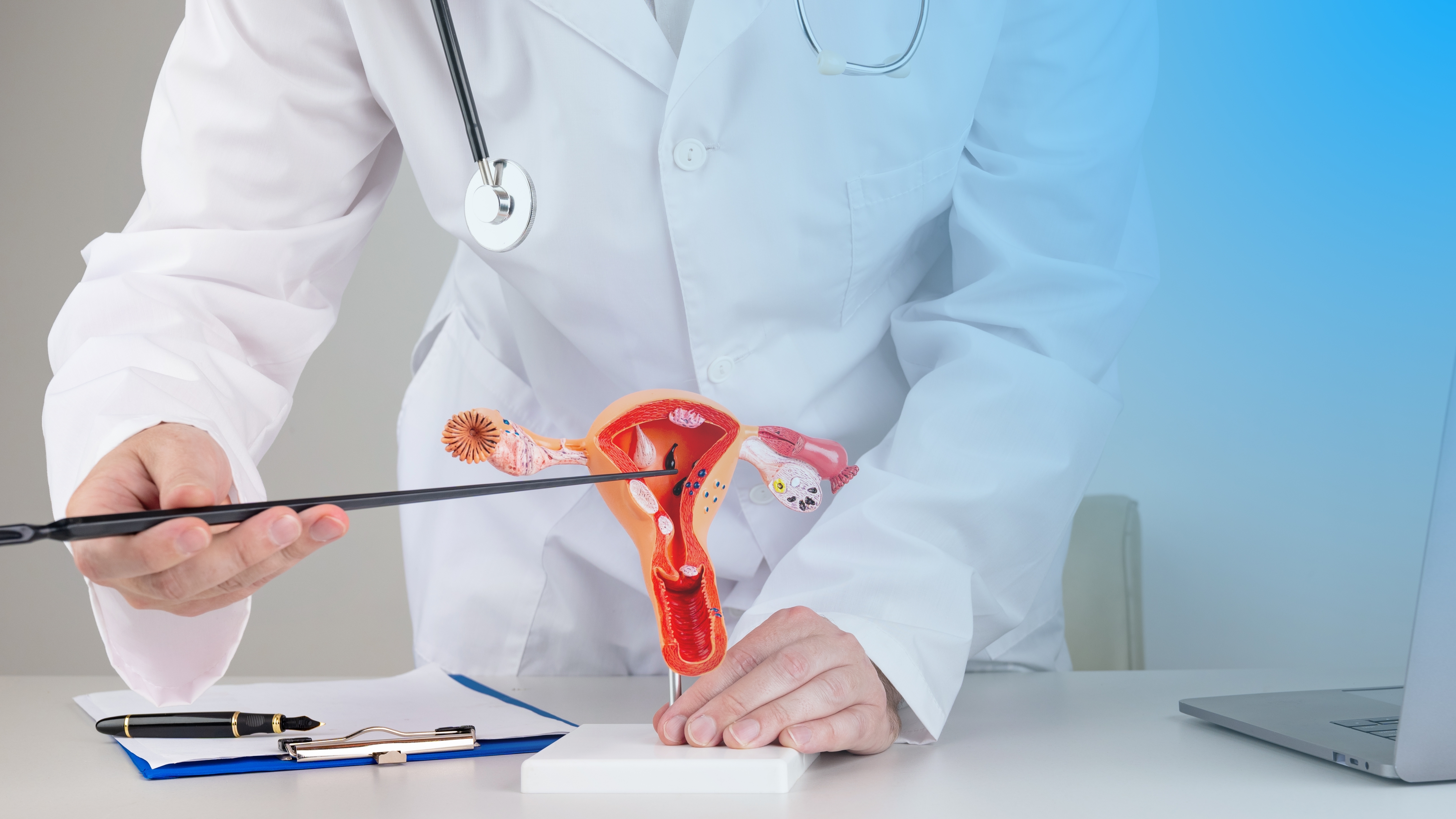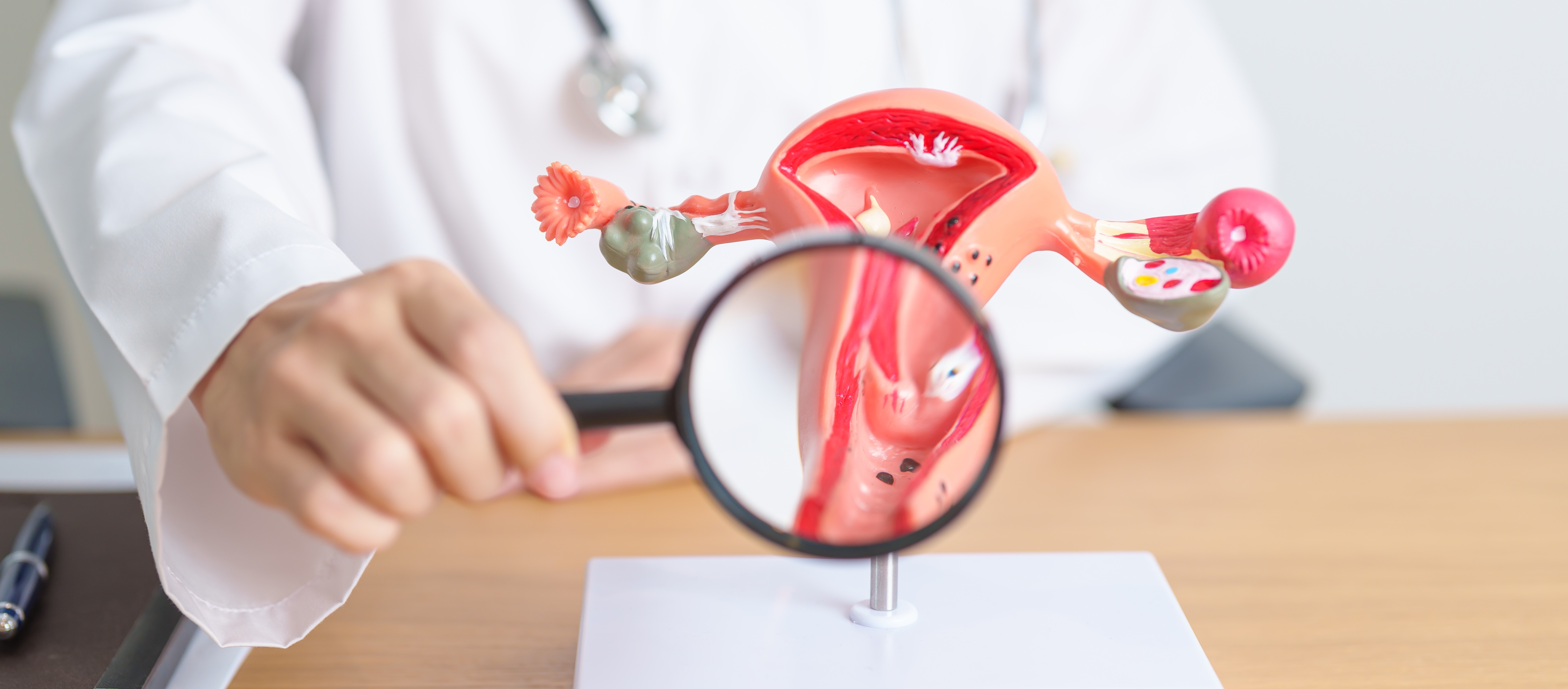Microdermabrasion: Procedure & Benefits
Written By: Dr. Mona Mady
Updated On:February 14, 2024
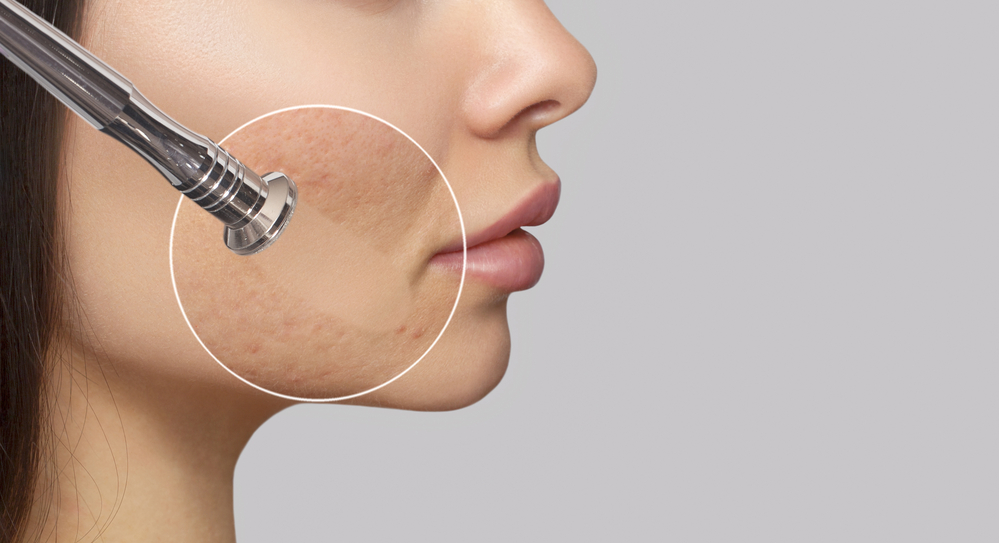
What is Microdermabrasion?
Microdermabrasion is a minimally invasive cosmetic procedure. The expert uses a wand to gently exfoliate the skin's surface by rubbing or spraying small crystals there. This removes the top layer of the skin, making the skin appear younger.
While a professional can do the procedure on any part of the skin, most people ask for microdermabrasion to improve the complexion of their face and neck. The duration of microdermabrasion is between 30 to 40 minutes for the face and 20 minutes for the next. Afterward, there can be a little swelling or sensations similar to a sunburn for a few days. During the procedure, you shouldn't feel pain.
A person may need between 5 and 16 treatments before they start to notice lessened indications of aging. Depending on the person's skin type and the intended use of the treatment, they may receive treatments weekly, every two weeks, or monthly. Consistent sessions are needed to maintain the results.
Uses of Microdermabrasion
Individuals choose to undergo a microdermabrasion procedure for smoother, brighter, and more evenly colored skin. Microdermabrasion can treat uneven complexion, inconsistent skin texture, melasma (a frequent condition that causes dark spots or patches on the skin), dark spots (that can develop after acne clears up), and scars.
Microdermabrasion may also be used by dermatologists to improve the outcomes of anti-aging or skin-whitening therapies. The process may aid in the skin absorption of these products.
Preparing for Microdermabrasion
Before getting microdermabrasion, talk to a medical practitioner. Normally, dermatologists offer consultations first. During the consultation, a dermatologist will often check the patient's skin to determine whether microdermabrasion is necessary.
Before deciding to undergo the microdermabrasion, it is advised to inquire about the following:
- what outcomes to anticipate
- the total number of required treatments, probable adverse effects, and risk factors
- the price of the treatment
Additionally, you can request to chat with someone who has had microdermabrasion at the clinic and view before-and-after pictures.
Microdermabrasion Procedure
A microdermabrasion in-office procedure typically lasts an hour. Usually, a skin care specialist with a license does it.
You will be seated in a recliner for the duration of your visit. Anesthesia or a numbing medication is not required during microdermabrasion.
To apply the particles or remove the skin's outer layer in the desired locations, your healthcare provider will use a handheld instrument. Moisturizer and sunscreen will be applied at the end of the procedure.
Based on the particular device utilized for microdermabrasion, there are a few alternative ways to do the procedure:
- Diamond-tip handpiece: Using a handpiece with a diamond tip, the skin care specialist will gently scrub away the dead skin cells from your skin. The depth of the abrasion may be affected by the force applied to the handpiece and the length of time the suction is held on the skin. With this type of microdermabrasion application, the more delicate facial areas, such as those surrounding the eyes, are often treated.
- Crystal microdermabrasion: The top layers of skin are removed using a handpiece that releases small crystals that are gently sprayed onto the skin. Similar to the diamond-tip handpiece, dead skin cells are promptly suctioned off.
- Hydradermabrasion: The hydradermabrasion technique was only recently developed. Exfoliation without crystals and product injection into the skin must be done simultaneously. As a result of this operation, your skin would produce more collagen and receive more blood flow.
Microdermabrasion Recovery Time
The majority of people do not require recovery time following microdermabrasion. If there are any side effects, they usually go away within a few days. Most people's skin will heal sufficiently to allow for another microdermabrasion session in a week.
Microdermabrasion Benefits
The benefits of microdermabrasion include the following:
- Enhances the texture of the skin: Coarse skin can be treated by microdermabrasion. The treatment's microcrystals aid in removing the top layer of dead skin cells to reveal supple new tissue beneath.
- Lessens scarring: Microdermabrasion can help heal damaged tissue by softening the edges and surface of scars and by promoting the creation of collagen, which creates healthy new skin cells.
- Lightens the pigment: Treatments for microdermabrasion include those that can balance out skin tone, reducing the visibility of age spots and other pigmentation issues.
- Non-invasive: Microdermabrasion removes dead skin without inserting instruments through the skin.
- Lessens wrinkles: Microdermabrasion can reduce surface wrinkles and encourage the production of collagen.
- Enhances the skin’s glow: Microdermabrasion removes the top layer of dead skin cells to reveal new, healthy skin.
- Removes creases: Microdermabrasion can make age spots and other skin imperfections look better by making them appear lighter.
- Suitable for the majority of skin types: Due to its lack of chemicals and light, microdermabrasion is safe for all skin types, including the most delicate.
- Lessen clogged pores: By removing oil and dead skin cells, microdermabrasion can heal clogged pores, but when combined with alpha hydroxy acids, it becomes even more effective.
- Painless: Microdermabrasion can help lighten age spots and uneven pigmentation while also reducing small lines and wrinkles and improving the texture and appearance of your skin as painlessly as possible.
Microdermabrasion Risk Factors & Side Effects
You might need to wait six months before getting microdermabrasion if you've recently taken the acne medication isotretinoin. You run a higher chance of developing issues including scarring if you do not allow yourself some time before your first microdermabrasion session.
If a spot or patch of skin is expanding, bleeding, or altering in any other way, consult a doctor. These conditions may be signs of skin cancer.
Immediately following microdermabrasion, a person could experience one or more of the following:
- Skin bruising
- Skin swelling
- Skin redness that resembles a sunburn
- A burning or stinging sensation
- Heightened sensitivity to sunlight
Apply sunscreen after the procedure to obtain the best outcomes and decrease the likelihood of adverse effects. If you scar easily or get cold sore outbreaks, microdermabrasion might not be for you.
References
Bhalla, M., & Thami, G. P. (2006). Microdermabrasion: reappraisal and brief review of literature. Dermatologic surgery, 32(6), 809-814.
Karimipour, D. J., Karimipour, G., & Orringer, J. S. (2010). Microdermabrasion: an evidence-based review. Plastic and reconstructive surgery, 125(1), 372-377.
Savardekar, P. (2007). Microdermabrasion. Indian Journal of Dermatology, Venereology and Leprology, 73, 277.
Spencer, J. M. (2005). Microdermabrasion. American journal of clinical dermatology, 6, 89-92.
Meet our doctors from the Dermatology department
Similar Posts
Labiaplasty
Written By: Dr. Zofia Gordon
Gonorrhea
Written By: Dr. Zofia Gordon
